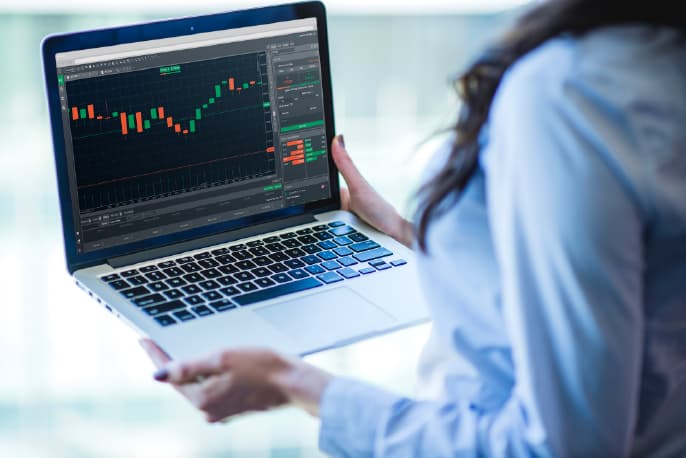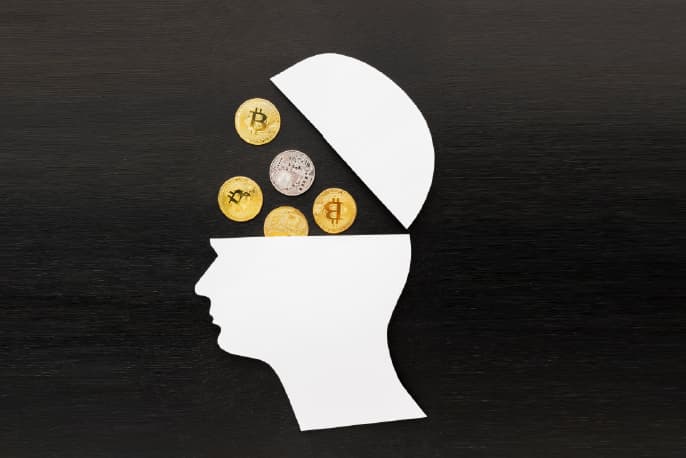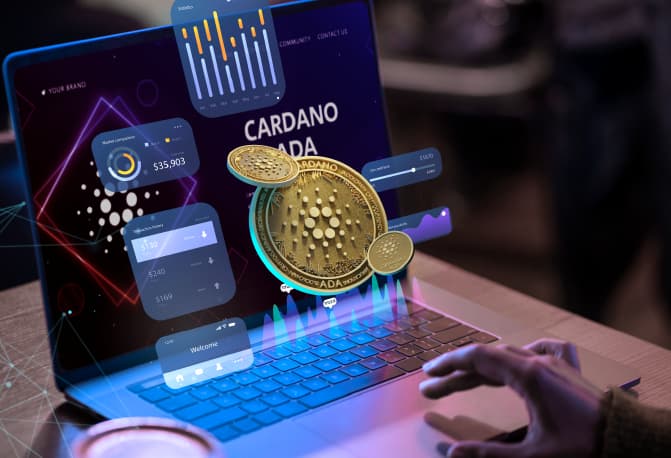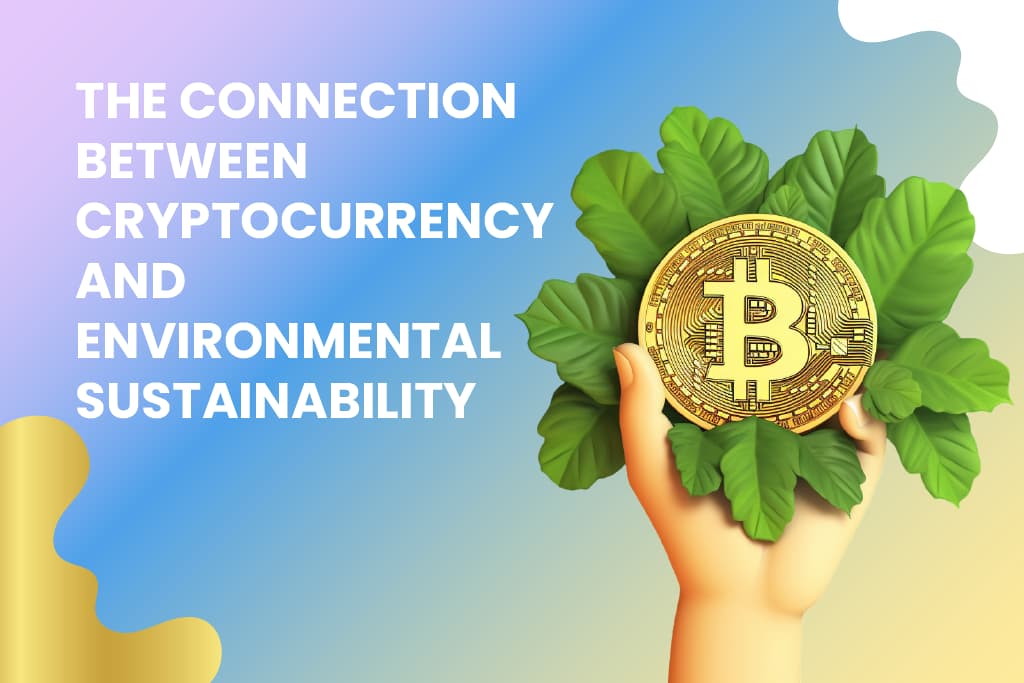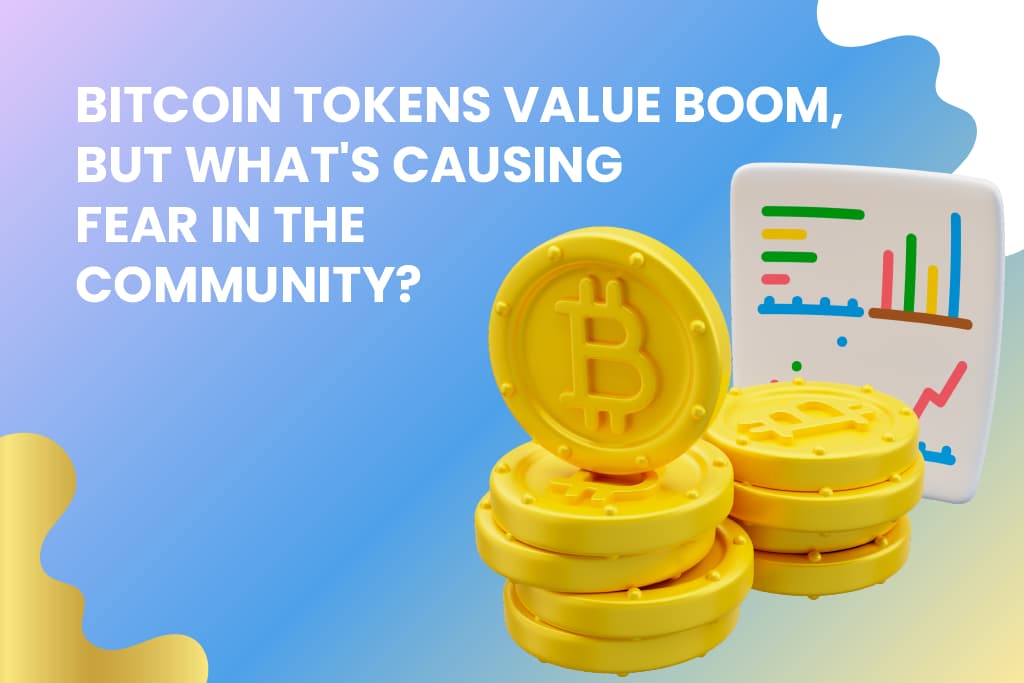As the world focuses on environmental sustainability, it’s important to consider the potential benefits that cryptocurrency mining can bring to the table. While acknowledging the challenges, this article aims to highlight the positive outcomes that can arise from the adoption of cryptocurrency mining practices.
Table Of Contents:
Adoption of renewable energy
Cryptocurrency mining incentivizes using renewable energy sources, driving the demand for cost-effective and sustainable energy solutions. This can lead to a faster transition to cleaner energy and reduce reliance on fossil fuels.
Technological Advances
The energy intensity of cryptocurrency mining has fostered research and investment in energy storage technologies, benefiting the mining industry and the wider renewable energy sector. Efficient energy storage solutions enable more reliable and affordable renewable energy sources.
Economic Opportunities
Cryptocurrency mining operations can provide economic opportunities for regions transitioning from industries with negative environmental impacts. Job creation and investment in these areas can support sustainable economic models and foster local development.
Innovation and Efficiency
The demand for computing power in mining operations drives continuous optimization efforts, leading to energy-efficient hardware and algorithms. These advancements have the potential to improve energy efficiency not only in mining but also in other energy-intensive industries.
Conclusion
In conclusion, exploring the synergy between cryptocurrency and environmental sustainability unveils a promising landscape. From propelling the adoption of renewable energy sources and fostering technological advancements to providing economic opportunities and driving innovation, cryptocurrency mining holds immense potential to contribute positively to a sustainable future. By harnessing this potential and embracing responsible practices, we can forge a path toward a greener, more prosperous world for generations to come.






